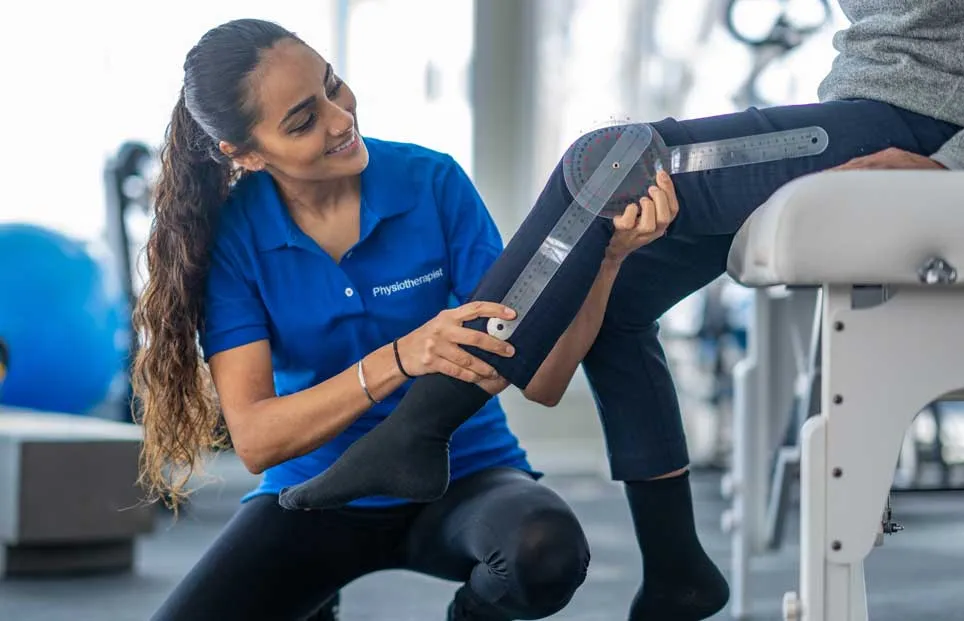
One of the main advantages of strength conditioning in recovery is its ability to improve muscular strength and stamina. When muscles are more powerful, they can better stabilize joints and reduce the chance of re-injury. For instance, an individual healing from a knee trauma can benefit from workouts that strengthen the quadriceps and back thigh muscles. These muscles play a vital part in stabilizing the knee joint. By including strength conditioning into their rehabilitation program, individuals can recover their strength more effectively and securely.
In addition to developing strength, strength conditioning also enhances flexibility and range of movement. Many injuries can result to stiffness in the injured area, making it challenging for individuals to navigate easily. Resistance conditioning exercises often include stretching and elongating the muscles, which can assist restore mobility. For example, incorporating resistance straps or weights into flexibility programs can enhance the efficacy of these exercises. As flexibility improves, athletes can perform actions more effectively, which is crucial for peak performance in their activity.
Another important aspect of resistance training in sports rehabilitation is its beneficial effect on psychological Read More Here health. Recovering from an injury can be a difficult and exasperating process for athletes. Engaging in strength conditioning can offer a sense of accomplishment and boost self-esteem. As individuals see gains in their strength and capabilities, they may experience more driven to continue their recovery process. This mental boost can be just as important as the bodily benefits, as a optimistic attitude can lead to better results in rehabilitation.
Finally, strength training can assist individuals transition back to their sport more seamlessly. Once they have recovered their strength and flexibility, individuals must to practice sport-specific actions to guarantee they are ready for competition. Resistance conditioning can be integrated with sport-specific exercises to create a comprehensive recovery plan. This combination allows athletes to not only recover but also improve their capabilities. By focusing on both recovery and performance, resistance conditioning becomes an essential tool in the recovery journey, helping athletes come back to their sport stronger and more durable.